Security & Fraud Prevention
At Partners Bank, we are concerned about your financial health and success. Here are some resources to help you keep your financial future healthy and secure.
Download a copy of Partners Bank of California’s Security Statement here.
Partners Bank of California Identity Theft and Online Banking Security Tips.
Partners Bank of California Online Banking Security Best Practices.
What Should You Do If You Suspect Bank Fraud?
Contact Us to Report Fraud or Suspicious Activity
(866) 323-2741 or (949) 732-4000.
Contact Us to Report Lost or Stolen Debit Cards
(833) 337-6075 or (949) 732-4000, or call the number listed on the back of your cards.
Contact Us to Report Lost or Stolen Credit Cards
(800) 367-7576 or call the number listed on the back of your cards.
Contact Us to Report Email or Website Fraud
If you have received a suspicious Partners Bank of California email or accessed a fraudulent Partners Bank of California website, please contact us at security@pbofca.com to report the activity.
Contact Us to Report ID Fraud
If you think you are a victim of identity theft and you are a Partners Bank of California client, please contact your client advisor or one of our branch offices as soon as possible.
Secure Private Information
Do not respond to any email, text message or phone call asking for the following information:
- Account Log-In and Password
- PIN Number
- Credit Card Validation Code and Bank Account Numbers
- ATM Card, Check Card, or Credit Card Numbers
- Personal Information such as your Social Security Number
How Does Partners Bank of California Prevent Fraud?
Fraud Prevention Solutions
- SecureNow one-time-passwords for login to Personal Online (applies automatically to all personal online clients)
- Option for one-time-password login to Business Online (DigiPass app)
- Customized, self-enrolling notifications for specific transactions, dollar thresholds, password resets
Secure Treasury Management Solutions
- One-time-passcodes for transaction validation on electronic payments (DigiPass app)
- Email notifications for electronic payments
- Dual control processing for electronic payments
- Administrative management of users, including password resets and manual profile lockouts
Debit Card Solutions
EnFact is a sophisticated, real-time fraud-detection system that acts as an extra layer of protection on your card. It uses a neural network—a type of artificial intelligence—to analyze every transaction you make. This system learns your normal spending habits, such as where you shop and your typical transaction amounts. When a new transaction occurs, EnFact compares it to your usual patterns and to current fraud trends. It looks for anything out of the ordinary, such as:
- A sudden, large purchase that is unusual for you.
- Transactions made in a different state or country from your typical location.
- A series of transactions in a short amount of time that seem suspicious.
- A purchase at a merchant you have never visited before.
- A purchase at a merchant that other customers in the Visa/Mastercard network may have reported as a fraudulent source.
Based on its analysis, the system assigns a fraud risk score to the transaction. If the risk score is high, it automatically triggers an alert. When an alert is triggered, the EnFact system can act quickly to protect your account. One of the primary ways it does this is by contacting you directly to verify the transaction. This will happen through a phone call, to a phone number that you have in our banking system as the primary contact number and a call may be placed within a short window of the attempted transaction during weekdays or weekends. Here’s what to expect from a phone call:
- The call will come from our fraud detection service. You may see a specific number such as (833) 735-1891 on your caller ID. We recommend saving this number in your contacts so you know it’s a legitimate call from us.
- The purpose of the call is to verify recent activity. An automated system or a live analyst will reference a specific transaction and ask you to confirm if you made the purchase. For example, they might say, “Did you recently attempt a purchase for $45.50 at ABC Gas Station?”
- If you are unable to answer the call: An automated service message will be left with a callback number and a case # to help the agent identify your account and the questionable transaction when you can call back.
- You will be asked to verify your identity. For your security, the system will ask for basic information to confirm your identity, such as your five-digit ZIP code.
- What we will NEVER ask for: For your protection, we want you to know that we will NEVER ask for your full Social Security Number, your full card number, the three-digit security code on the back of your card (CVV), a password, or your PIN. If you are ever asked for this information, hang up immediately and contact us directly at (866) 323-2741.
- Your response determines the next step. If you confirm the transaction is legitimate, your card will be unblocked and you can continue to use it as normal. If you state the transaction is fraudulent, the system will block your card to prevent further unauthorized activity, and we will work with you to take the necessary steps to resolve the issue.
By working together, we can quickly identify and stop fraudulent activity before it impacts you. Please ensure your contact information on file with us is always up-to-date so we can reach you immediately if we detect suspicious activity. If you have any questions or concerns about your account security, please do not hesitate to contact us at (866) 323-2741.
Cybersecurity videos
Related articles
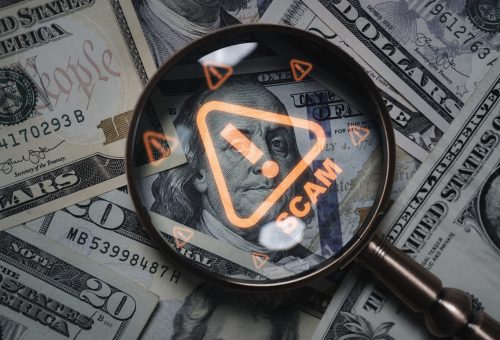
Fortify Your Defenses: Proven Fraud Prevention Best Practices From Our...
In today’s fast-paced business environment, protecting your company’s finances and data from fraud…

Safe Travels With Your Money
Considering a vacation soon? In the rush of preparing for travel, it is…

Banking with Third-Party Apps
What to Know About Fintech, Banking Relationships, and Deposit Insurance Technology has continued…
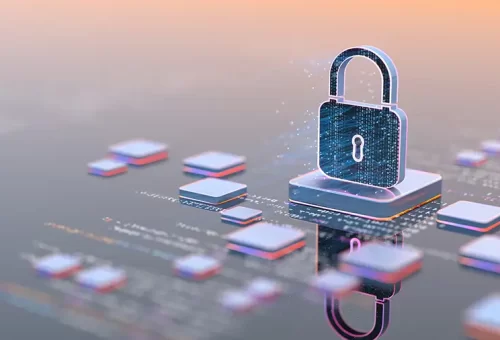
Identity Theft and Online Banking Security Tips
Protecting your information identity and online banking security is crucial to safeguarding your…
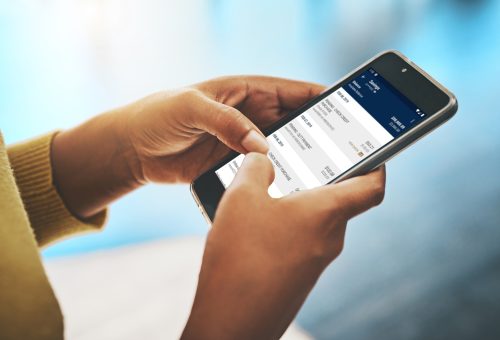
Safe Mobile Banking: Protect Your Finances on the Go
In today’s fast-paced world, mobile banking offers unparalleled convenience. You can check your…
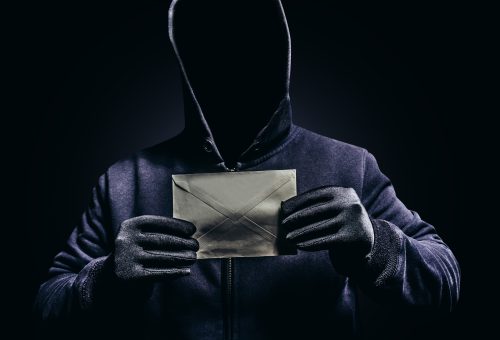
Protect Yourself Against Check Washing and Check Theft Scams
Fraudsters are targeting paper checks sent through the mail. Once they have a…
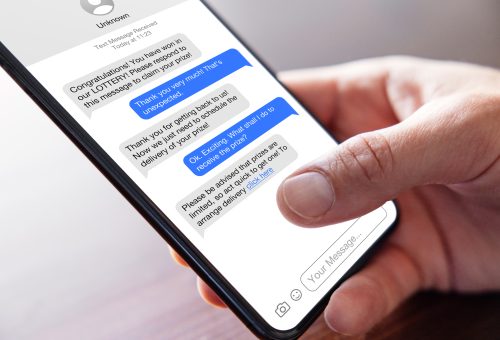
How to Recognize and Report Spam Text Messages
If you have a cell phone, you probably use it dozens of times…

Elder Fraud
It’s disheartening to know that scammers often target the most vulnerable members of…
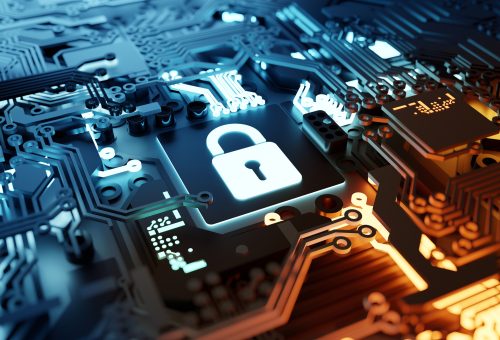
Vendor Security
Your business vendors may have access to sensitive information. Make sure those vendors are…
